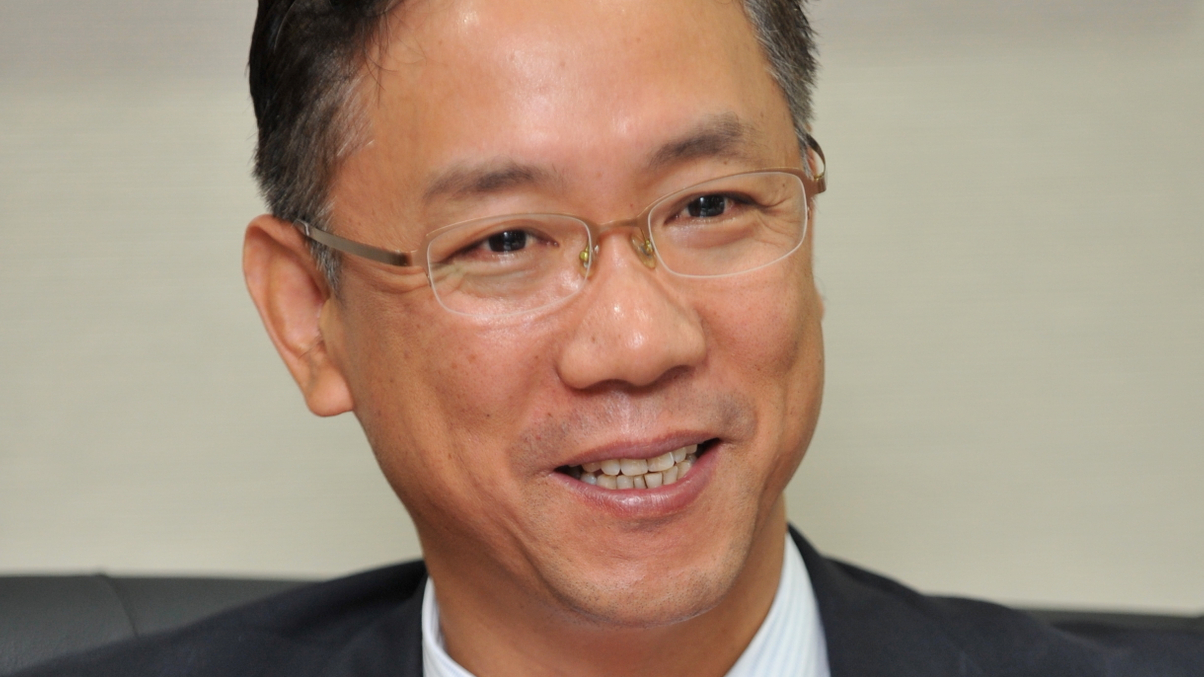For Kofia, pensions hold the key to growing funds
Korea’s self-regulatory organisation believes mutual funds need to be put on a long-term footing, which means more access to tuition savings and pension money, says MD Kim Cheol-bae.

The Korea Financial Investment Association (Kofia), a self-regulatory organisation representing Korean and foreign financial institutions, is lobbying the government to support long-term investments in order to revitalise the mutual-funds industry, says managing director Kim Cheol-Bae.
Sign in to read on!
Registered users get 2 free articles in 30 days.
Subscribers have full unlimited access to AsianInvestor
Not signed up? New users get 2 free articles per month, plus a 7-day unlimited free trial.
¬ Haymarket Media Limited. All rights reserved.


